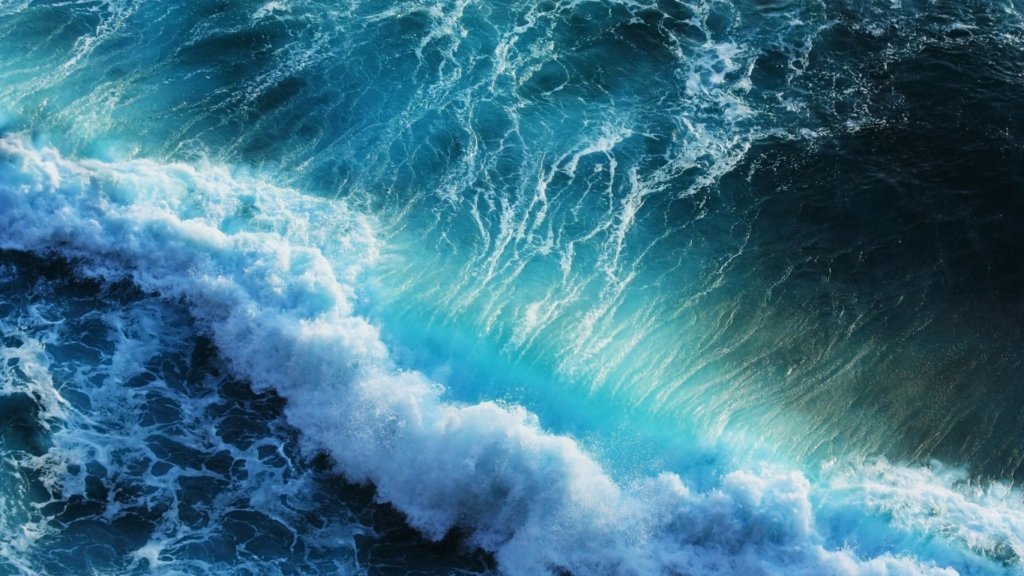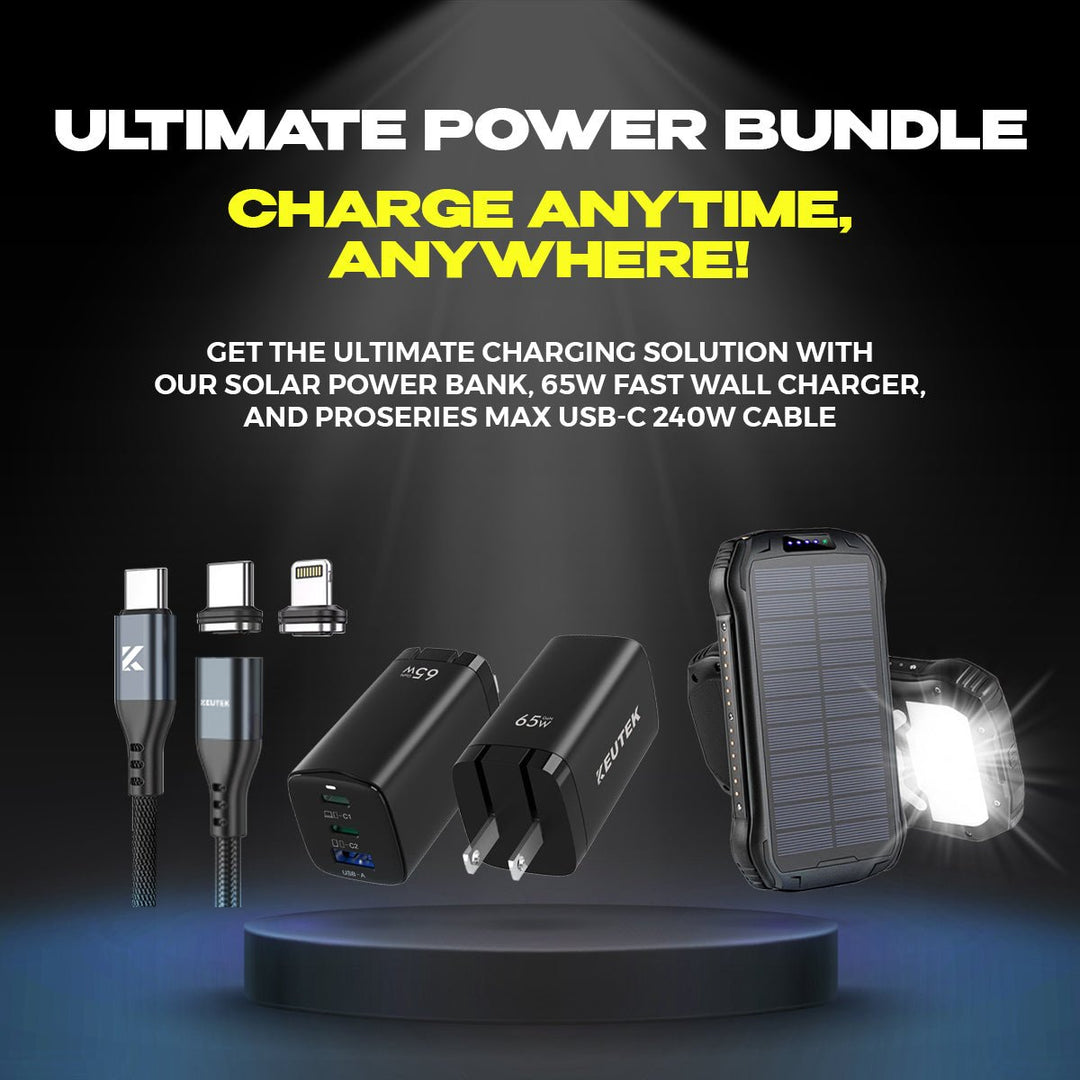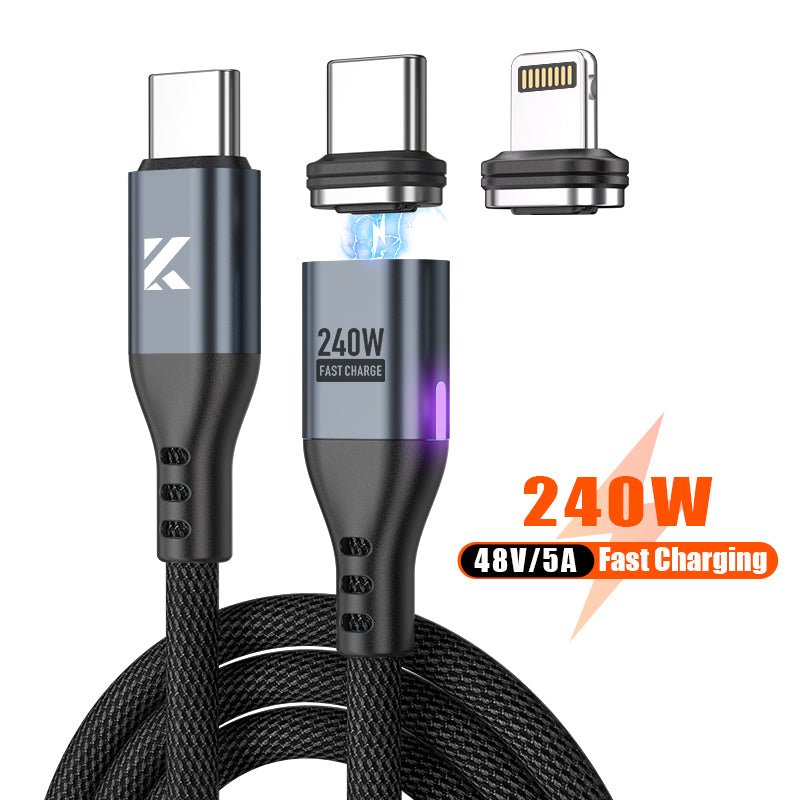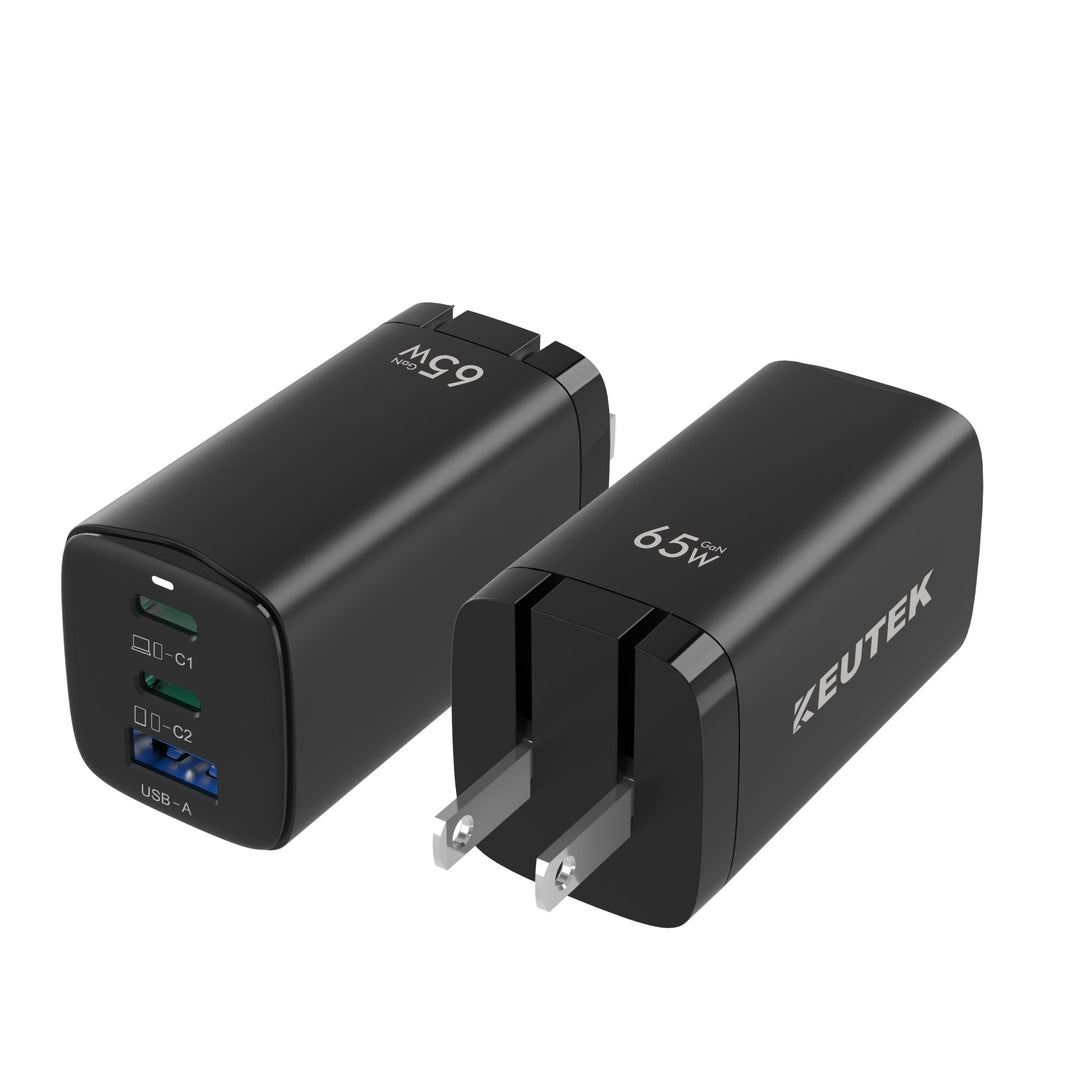Is The Future of Technology in Our Oceans?

How The Oceans Could Provide Us With Batteries
Climate change and fossil fuels are at the heart of discussions around saving our planet and adjusting to green energy. With so much talk about what needs to be changed, there are not enough solutions as to what can change. Many people believe that batteries are an integral part to green energy. They are re-usable, and can be refueled by renewable energy sources such as solar power, hydro-electricity, or from wind turbine energy. To produce these batteries, certain materials are needed, particularly metals such as cobalt, copper, manganese, and nickel. Battery metal sourcing is something that has long been controversial as many of them are mined in Africa where labor laws and regulations are almost non-existent, often creating hazardous working conditions. The solution may come from the oceans specifically, through deep sea mining of ocean floor metals that could offer ethical cobalt alternatives.
Where Battery Metals Come From Today
Currently, many of the metals and minerals used to create batteries are sourced from Africa, mostly originating in The Democratic Republic of Congo. They have numerous mining sites that produce a large supply of the battery metals for tech giants such as Google, Dell, Tesla, Apple and Microsoft.
Recently, the aforementioned companies have been named in a lawsuit filed by the human rights firm, International Rights Advocates. This lawsuit claims that these companies are partially responsible for the deaths and impairments of numerous children who worked in the cobalt mines. The lawsuit comes after field research was conducted by anti-slavery economist Siddharth Kara. The companies are accused of aiding and abetting in the serious injury and death of children in their supply chain who worked in the cobalt mines. The 14 families that are represented in the suit are seeking damages for forced labor. They are also looking for compensation for intentional infliction of emotional distress, negligent supervision and unjust enrichment.
This is an ongoing issue for many companies, as battery metal sourcing shows that 60% of the global cobalt supply comes from these mines in the Democratic Republic of Congo. In some of these mines, it is claimed that children as young as 9 were working for as little as $0.75 per day, performing dangerous and labor intensive work, raising serious concerns about the need for ethical cobalt alternatives.
Alternative Sourcing
Recent discoveries have found that there may be an alternative to using these unethical and questionable sources of raw materials. There are deep-water plains in the oceans that are rich in nickel, manganese, cobalt and copper key ocean floor metals. There are two major issues with using this new source though that are holding back production.
The first of these is that deep sea mining in international water is currently prohibited by the International Seabed Authority through the United Nations. The rules of this are expected to be revised in 2020, but until then, underwater mining operations are very limited and must receive special permissions.
The next issue is that of the underwater ecosystem. Much of the deep-sea ecosystem is unexplored and unknown. We already know that commercial industries have made serious impacts on our ecosystem and global warming. Do we dare risk disrupting the marine environment that we know so little about? What unknown creatures live down there that may be displaced or killed off? Could we find minerals or organisms that may help us discover cures to diseases that cannot be cured yet? There are so many unanswered questions that we may never know if we open these areas to commercial deep sea mining.
The Future of Ethical, Sustainable Battery Materials
With the lawsuit pending for the tech giants, hopefully light is shed on the cruel and inhumane nature of the African mining operations. I don't know how much this will change, but hopefully with the right actions people will step up to make changes. Deep-water mining may still be a while off, but this could provide us with a new alternative to metals and minerals that our crucial in building the technology that we use on a daily basis. Everything from our vehicles and smartphones to laptops and televisions require these resources, so we wont stop using them any time soon.
Note: All products sold by KEUTEK are sourced responsibly from reputable suppliers. The allegations against Tesla, Dell, Apple, Microsoft and Google are pending and yet to be proven.
Frequently Asked Question-FAQs
1. What is deep-sea mining for batteries?
Deep-sea mining refers to extracting metals like cobalt, nickel, and manganese from the ocean floor. These materials are crucial for sustainable battery production.
2. Is ocean mining more ethical than land mining?
Ocean mining may reduce human rights abuses seen in terrestrial mining, but it raises ecological concerns about deep-sea biodiversity and habitat disruption.
3. Why are oceans being considered for battery materials?
Oceans contain rich deposits of essential metals in polymetallic nodules, offering a potentially sustainable and less exploitative alternative to land-based mining.
4. What are the risks of mining the ocean floor?
Deep-sea mining may damage fragile marine ecosystems, disrupt unknown species, and release harmful sediments into the ocean environment.
5. When will ocean mining become commercially viable?
Commercial ocean mining remains in regulatory limbo. Global guidelines are under review and operations may begin once environmental frameworks are defined.

















Leave a comment